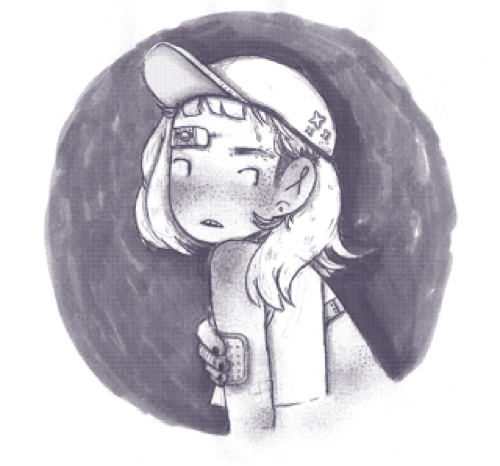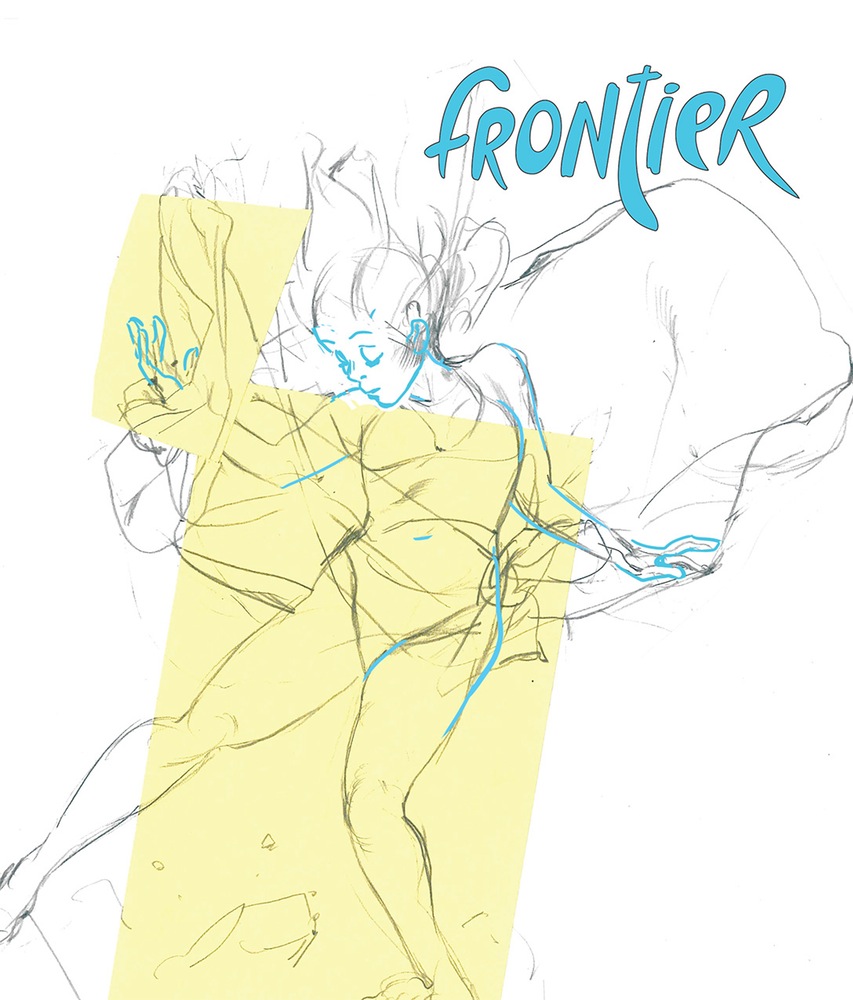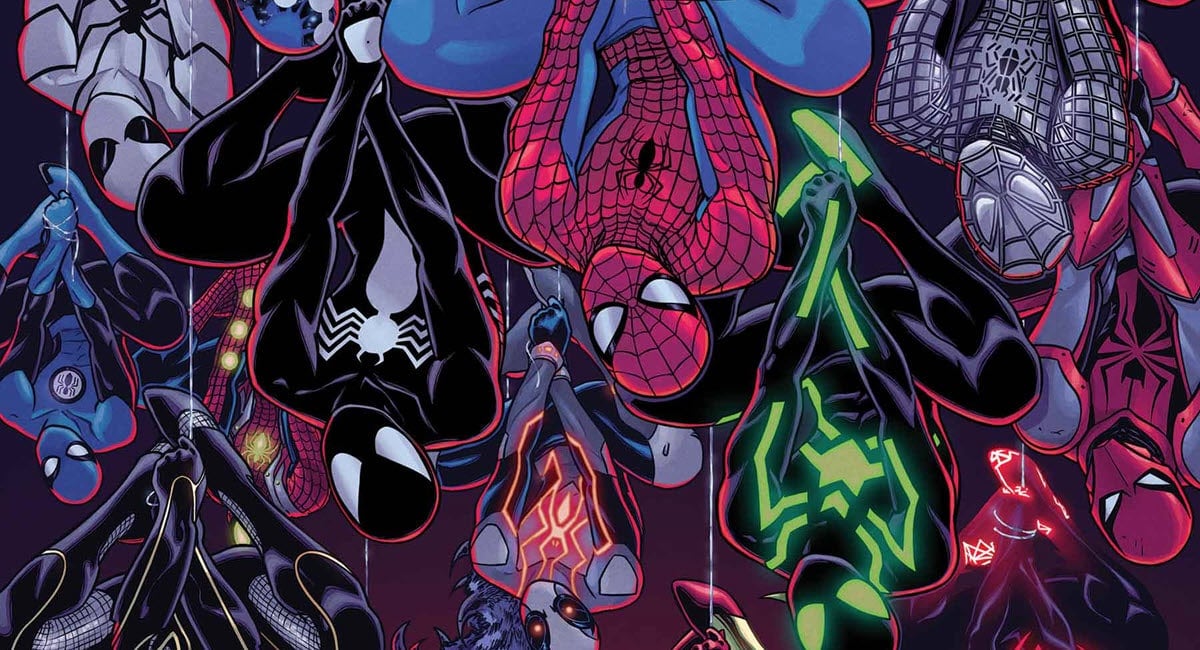
I browsed online to find good images for the top of this article. I wrote the first draft of this article on Notepad on my smartphone before sending it via email. I refined it as I typed this second draft onto blogger. I saved that notepad file in a folder under a subfolder called comics blogging. My phone was an extension of my thoughts on a book; my laptop was a way to clarify those thoughts and the internet, a venue to share these thoughts to readers, whoever they may be. As I was reading Frontier 12, I’m reminded of David Chalmers term “the extended mind” as he described how we use pen and paper or any electronic device to help us think and remember and how that’s incorporated into our cognitive process. Frontier 12 by Kelly Kwang reminds me of this concept as the mind of the author integrates the online world, the idea of the internet into a comic book. Like witnessing a game of telephone unfold before our eyes, Kelly Kwang shows the path progression of online research wrapped around a loose narrative on the Space Youth Cadet.
Like infinite Russian Dolls, we as readers/consumers of the World Wide Web, we keep digging as far down as we can, opening new and ever expanding universes. Kelly Kwang captures this eclecticness onto paper. It’s interesting to remember that the use of digital media has become ubiquitous. We spend about 5 and a half hours a day with digital media. We learn about the Space Youth Cadet not through a narrative, but through that online research string. Who are the Space Youth Cadet? What do they do? What do they wear? By taking any page, one would not be able to discern a train of thought, but once taken as a whole, it becomes much clearer.

Kwang’s art effortlessly replicates a computer screen interface. I’m reminded of the movie Unfriended a 2014 found footage horror film in which a ghost invades the internet to torture her former friends/bullies. That movie was not good, but it did include an innovative way of presenting the found footage by having a fairly accurate replica of an actual computer interface. It showed Facebook pages, Youtube videos, Twitter feeds pretty accurately. Frontier 12 uses a similar way of presenting information as though filtered through a screen. The cover of the book itself uses that interface, with folders, battery life indicator, etc. An interesting “mise en abyme” for the reader whose only option to read the material is in analog form on paper. This comes at an interesting time since this comic becomes a very tactile experience. Kwang’s art really pops on the page. Her ink appears to have a denseness on the page that allows it to feel like a backlit computer screen, with uneven blacks all around. The several spots of white between the ink betrays that this comic is made by imperfect hands and not produced flawlessly on a computer.
It feels incredible that this comic appears so relevant even devoid of any story. There are threads and pieces of one, but it defies conventional narrative. If I can pull out my smartphone at any moment to eliminate boredom, to soothe uncomfortable situation or to live tweet as I watch a movie or line-up at a bank, does it affect narrative reading? Can an internet search history be a narrative? Kwang’s argument seems to be that it can indeed. We are constantly under a barrage of information, visual and auditory wherever we go. The ubiquity of it surely affects how we take in narratives but Frontier 12 simply posits those questions and steer clear of suggesting answers. The readers will have to make up their mind. I guess they can google more information if they feel like. With average smartphone usage up to about 85 times a day, I doubt it will take very long.
Frontier #12: Kelly Kwang
Youth in Decline
$7.95, 32 p
Purchase here







Excuse me, but I just noticed at the end of this review that this 32 page comic printed in colour and black and white sells for $8.00 a copy??? And it doesn’t have a narrative? Is it oversized or otherwise different enough to justify the price?
Frontier is a small press series, and the small print run means a higher price. It does have cardstock covers. I’d call it an art object. I treasure my collection.
Me too! I’ve got them all except for Issue 1, which I came to these too late for (please reprint it if you’re listening out there, Ryan!), but I like to think of them as an indie version of SOLO, that long missed series that I’d pay almost any reasonable price to have back.
OK, thank you both for your comments! Sounds great!
Comments are closed.